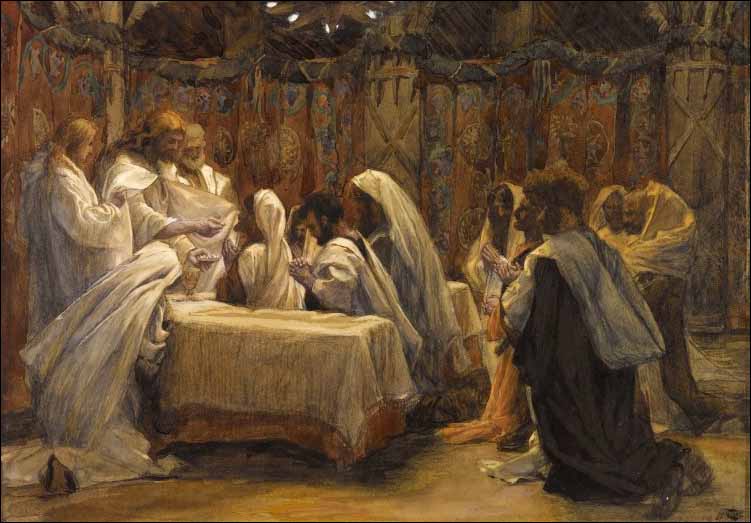
Hearing God Through His Word
This is my comfort in my affliction, that your promise gives me life.
Psalm 119:50 ESV
As believers, we enjoy the God’s personal presence through the indwelling work of the Holy Spirit. Therefore, we can and should experience an on-going conversational relationship with God: speaking to God and being spoken to by his Spirit. The normal Christian life is God speaking, directing, and guiding us by his love and care. In turn, we can respond in delight by honoring his leadership through obedience to his will. This process of being led, guided, and directed by the Holy Spirit in the affairs of everyday life is called hearing God (John 10:25-30). God’s guidance does not usually involve an audible voice, but the Holy Spirit leading through a nudging, gnawing impression in our spirits.
It is important that we get still to wait on God. And it is best that we get alone, preferably with our Bible outspread before us. Then if we will we may draw near to God and begin to hear Him speak to us in our hearts.
I think for the average person the progression will be something like this: First a sound as of a Presence walking in the garden. Then a voice, more intelligible, but still far from clear. Then the happy moment when the Spirit begins to illuminate the Scriptures, and that which had been only a sound, or at best a voice, now becomes an intelligible word, warm and intimate and clear as the word of a dear friend. Then will come life and light, and best of all, ability to see and rest in and embrace Jesus Christ as Savior and Lord and All.
A. W. Tozer, The Pursuit of God: The Human Thrist for the Divine (Harrisburg, Penn.: Christian Publications, 1982), 76.



 Â
 




